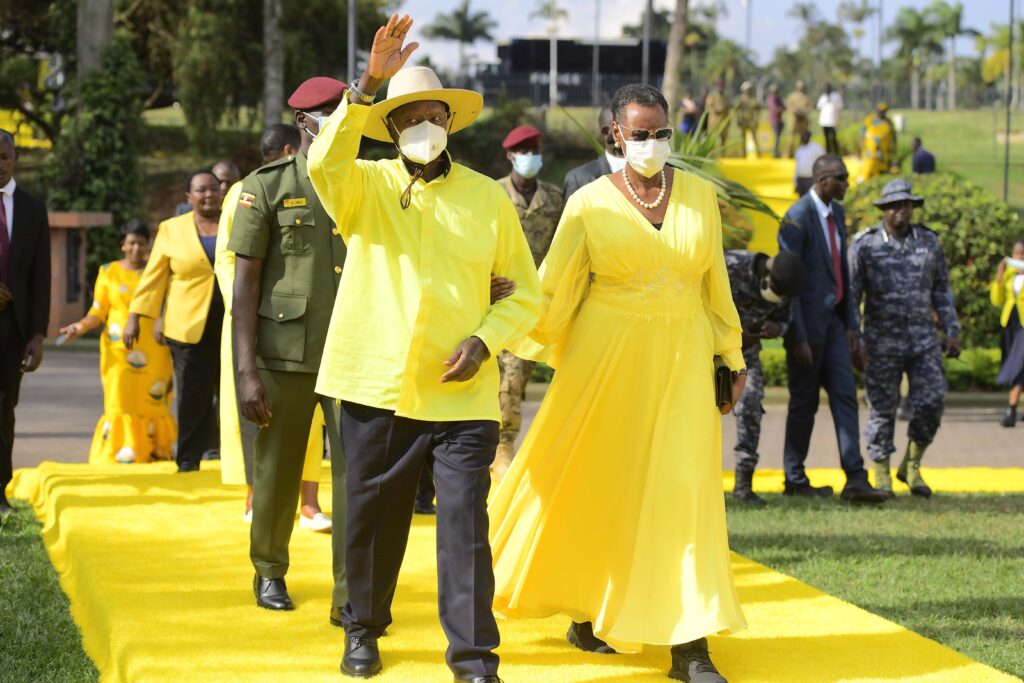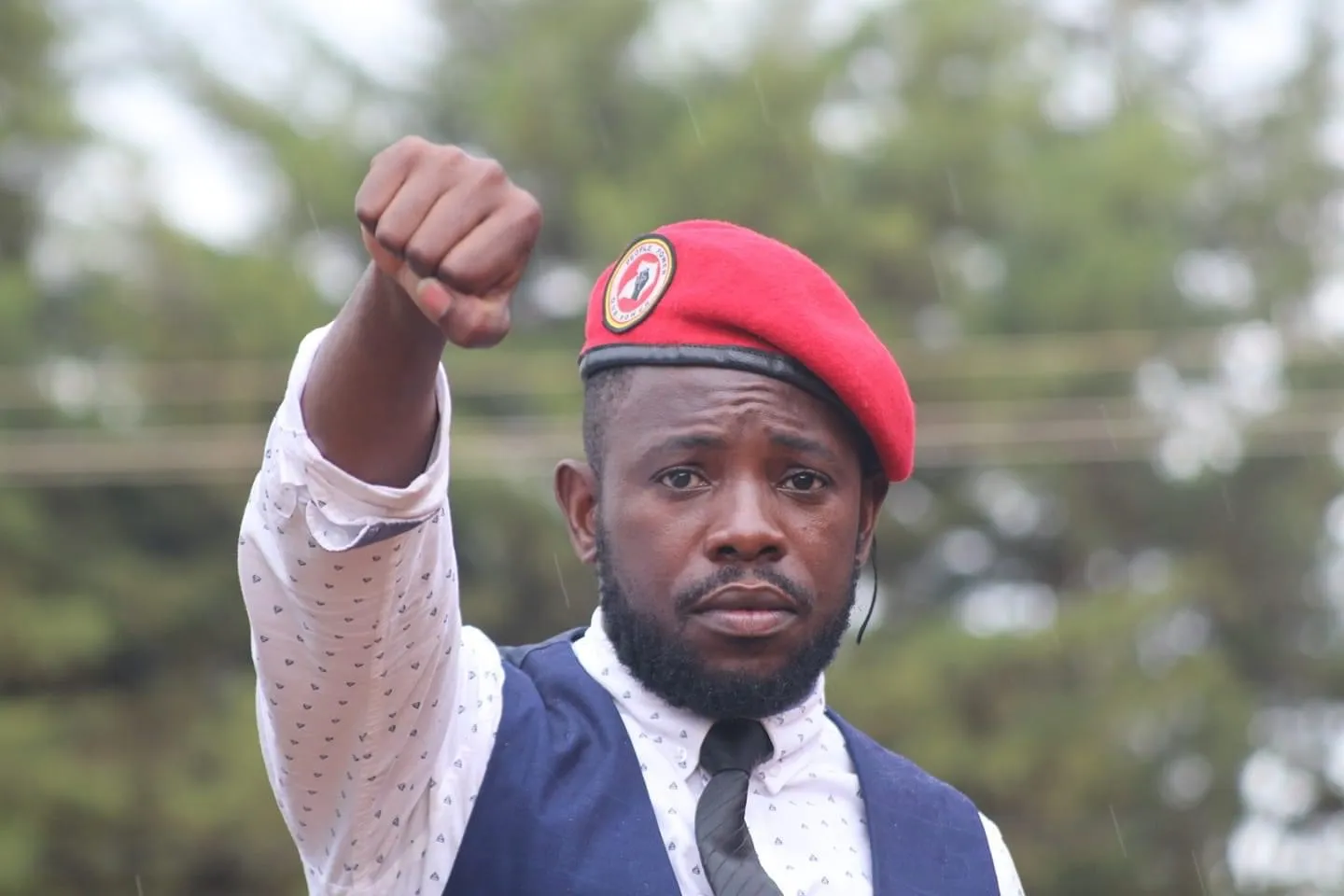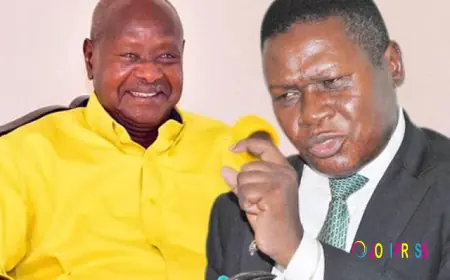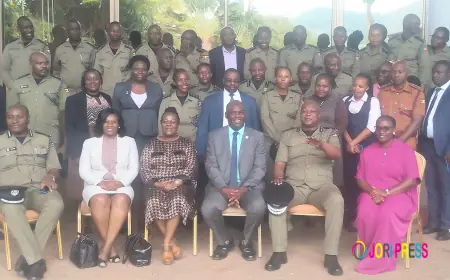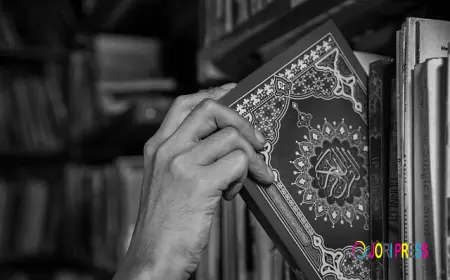Uganda assumes Asian-African Legal presidency


Uganda’s Attorney General Kiryowa Kiwanuka has assumed the presidency of the Asian-African Legal Consultative Organization (AALCO).
Uganda took over the presidency from Thailand, after becoming hosts of the five-day 63rd Annual Session at Speke Resort Munyonyo, which kicked off on Monday, September 8.
AALCO, originally established in 1956 as the Asian Legal Consultative Committee (ALCC) by seven Asian states – Burma (now Myanmar), Ceylon (Sri Lanka), India, Indonesia, Iraq, Japan, and the United Arab Republic (Egypt and Syria) has since grown to include 49 member states, including 17 from Africa and 32 from Asia.
Uganda last hosted the annual session in 1993. Speaking at the conference, Uganda’s Justice and Constitutional Affairs minister Norbert Mao emphasised the relevance of international law in everyday life.
“You may never appreciate the importance of international law until you are stranded at a foreign airport and only the law comes to your rescue,” Mao remarked.
He urged not only lawyers but also ordinary citizens to take an interest in international law as globalisation continues to bring countries closer through trade, migration, intermarriage, education, and work.
Dr Kamalinne Pinitpuvadol, AALCO secretary general, outlined the key issues for discussion at the Kampala session, including the Law of the Sea, International law violations in Palestine and other occupied territories, environment and sustainable development, International trade and investment law, asset recovery, legal issues in outer space, protection of migrant workers, prohibition of aggression and use of force in international law, protection of civilians during armed conflict (proposed by Iran) and crimes committed by the Rapid Support Forces in Sudan’s ongoing conflict (proposed by Sudan). He called on members to not only reflect on AALCO’s proud legacy but to adapt international law to new realities, such as cyberspace, artificial intelligence, crime intelligence, and global trade.
“It is our responsibility not only to reflect on a proud legacy but also to enrich our future. AALCO must therefore look forward with clarity and purpose to adapt to the new realities in, for example, cyberspace, Artificial Intelligence, crime intelligence and global trade while upholding the principle of sovereignty, solidarity and justice for each other,” Kamalinne said.
Songchai Chaipatiyut, representing outgoing president Suphanvasa Chotikajan Tang, echoed the importance of AALCO’s mission nearly 70 years after its founding. He said the organization has served as a “common bond” for Asia and Africa during times of conflict, political transition, and legal transformation.
He urged member states to harness intergenerational equity by engaging youth in shaping the legal foundations of both continents.
“Indeed, international law benefits the most when it is informed by the best practices, sharing and perspectives of our regions,” he said.
In a speech delivered on his behalf by speaker of parliament Anita Annet Among, President Yoweri Museveni commended AALCO for amplifying Africa and Asia’s voices in the global legal order.
He stressed that the two continents, once marginalised, now have the opportunity to shape and influence international law based on their shared values and realities. He highlighted pressing global challenges such as climate change, insecurity, economic inequality, and rapid technological advances that require collective legal responses rooted in sovereignty, solidarity, and justice.
“As we gather today, we face a world of unprecedented challenges. Climate change threatens our ecosystems and livelihoods. Conflicts and insecurity test our stability. Economic inequalities strain our societies. Rapid technological advancements, from artificial intelligence to cyber security, raise complex legal questions that demand our attention,” said Museveni.
What's Your Reaction?
 Like
0
Like
0
 Dislike
0
Dislike
0
 Love
0
Love
0
 Funny
0
Funny
0
 Angry
0
Angry
0
 Sad
0
Sad
0
 Wow
0
Wow
0
